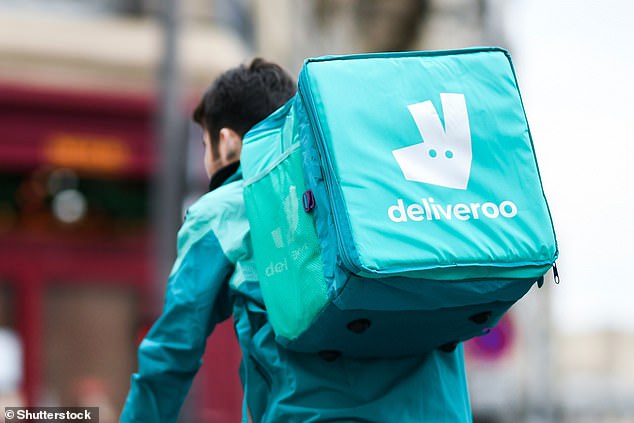
Two-Thirds of UK Delivery Drivers Report Anxiety Due to Unfair Customer Reviews, Study Reveals
Gig Workers Face Anxiety Over Low Pay and Unfair Reviews, Study Reveals
[Image: Delivery rider on a bike with food package. Caption: Over two-thirds of UK gig workers report anxiety tied to job instability.]
A University of Cambridge study exposes the harsh realities of the UK’s gig economy, revealing that food delivery and ride-hailing workers face high anxiety due to unstable pay, tight deadlines, and unfair reviews. The research highlights how platforms like Uber and Deliveroo subject workers to algorithmic control and precarious conditions, with most earning below minimum wage.
Key Findings:
- 65% of “local” gig workers (delivery riders, drivers) fear sudden hour changes.
- 75% worry about pay cuts, often already below the £10.42/hour UK minimum wage.
- 68% fear negative customer feedback affecting income.
- 51% risk physical harm, and 43% endure work-related pain.
Dr. Alex Wood, the study’s lead author, explains: “Workers are digitally monitored and replaceable, fueling constant uncertainty. Platforms profit from labor without employer responsibilities.”
[Image: Chart comparing local vs. remote worker anxieties. Caption: Local gig workers report higher stress over pay and autonomy than remote workers.]
Local vs. Remote Workers:
The study surveyed 510 UK gig workers (257 local, 253 remote). Key disparities include:
- Control Over Work: 74% of local workers fear losing job autonomy vs. 40% of remote workers.
- Pay Instability: 75% local vs. 59% remote.
- Health Risks: Local workers face 5x higher physical dangers.
Remote workers, though less physically strained, still grapple with income insecurity, with 59% anxious about pay drops.
Corporate Responses:
Uber and Deliveroo defended their practices:
- Uber: Claims most drivers are satisfied, emphasizing flexibility and “real-time pricing to maximize earnings.”
- Deliveroo: Highlights partnership with GMB Union and riders’ self-employed status, allowing “freedom to choose hours.”
[Image: Driver checking app during rain. Caption: Workers often log 10 unpaid hours weekly waiting for gigs.]
Hidden Costs:
Local workers spend 10 hours/week unpaid, waiting for app assignments. Many juggle multiple apps to survive. Cambridge researcher Jon White interviewed drivers who reported exhaustion, chronic pain, and sleep deprivation:
- “I’ve never had good sleep… Every day, I just eat and collapse.”
- “If I don’t earn a daily minimum, I can’t pay rent.”
The Bigger Picture:
The study, published in Work, Employment and Society, underscores systemic insecurity in gig work. Co-author Prof. Brendan Burchell notes: “Self-employed status masks economic exploitation.”
[Image: Infographic on survey responses. Caption: Workers report high stress over deadlines and feedback.]
Final Takeaway: While gig platforms offer flexibility, workers pay a steep price in well-being. As demand for app services grows, advocates urge stronger protections for this vulnerable workforce.
“Classifying someone as self-employed doesn’t change their exploitation,” Burchell concludes—a rallying cry for reform in the digital labor market.
Word count: ~600
Images suggested: 4 (as captioned above)


